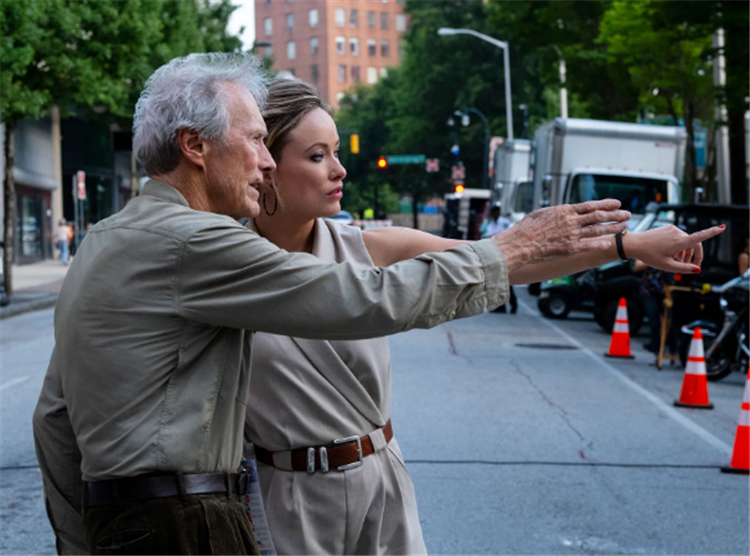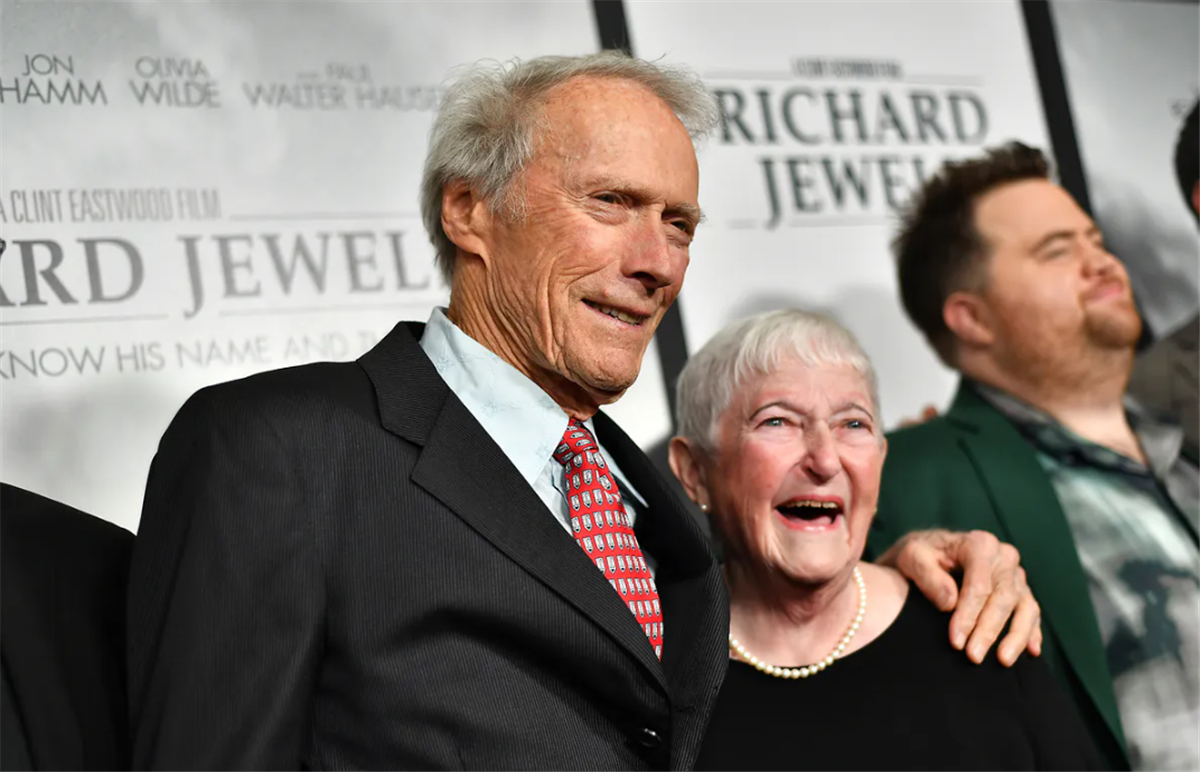By all accounts, the character assassination of the real-life Richard Jewell was achingly plain and unjust. According to new movie Richard Jewell, from director Clint Eastwood, a sensational press and a sloppy FBI is to blame for the vilification of its title hero, who saved lives during a bombing incident during the 1996 Olympic Games in Atlanta. The film is able-bodied, with an unlikely hero (by Eastwood Hero Series standards) at the front, played by an exceptional Paul Walter Hauser.
And yet Eastwood undermines his chief argument with another unjust character assassination, on top of executing a cliché so direly flawed and oft-repeated that, no matter his intention of the device, has become a controversy that’s overshadowed the rest of the film..
The trope in question is embodied by Kathy Scruggs (played by Olivia Wilde), who is based on a real-life, now-deceased Atlanta Journal-Constitution journalist; she, the film alleges, opened the floodgates to the merciless hounding of Jewell (who died in 2007) by (accurately) reporting that the FBI was considering Jewell a suspect in the bombing. Aside from expressing ineptitude at one of her core job duties (“I kinda write like a brick,” she [proudly?] admits to one of her co-workers, as he begins to pen her story for her), Scruggs is depicted as frothingly hypersexual and makes the obvious implication she’ll have sex for news tips with FBI agent Tom Shaw (Jon Hamm). It’s like she showed up from a differnet film.

In short, despite her “nuanced” life, Scruggs is yet another a female journalist on film who has sex with a source or subject, a lazy trope repeated ad nauseam in film and television. There is no evidence that the claim in Richard Jewell has any factual foundation, but that hasn’t kept Eastwood from merely dangling it as who-can-know-the-mind-of-God: “You can’t live inside people because they no longer exist. We know as much as anybody knows…Kathy Scruggs was a very interesting personality, and she seemed to, she didn’t define the answer to it, so how she did it, no one will ever really know.”
But rather than dismantling Scruggs and the AJC in less, well, sexy ways, the director and screenwriter Billy Ray took creative license for one “assertion.” No, it is not ethical journalism to procure information using sex. Yes, the filmmakers could have chosen another way to dismantle what they consider an unprofessional and depraved press. They went for shorthand, the easy, eye-rolling route, a painfully sexist one, as women in any profession — including male-dominated newsrooms — routinely suffer accusations that they use sexuality for advancement in their careers.
In other words, Eastwood and the rest strayed from the facts to accuse others from straying from the facts, committing, too, cinema sins on top.
Women journalists having or pursuing sex with subjects/sources/co-workers in films or television is so pervasive that I’m pleasantly surprised when it doesn’t occur. Look to titles like Adaptation, Three Kings, Entourage, Thank You for Smoking, Hitch, Morning Glory, Anchorman, Hero, Ray Donovan, I Love Trouble, Never Been Kissed, Rock of Ages, House of Cards, Iron Man and Iron Man 2, Mr. Deeds, Law & Order. It’s played as an easy premise for romance; laughs; negging; a character signpost for ineptitude or immorality; a signal of women’s gold-digging or obsession with successful men.

Not all portrayals are betrayed on Anastasia Steele-levels, but look at Maggie Gyllenhaal’s Jean Craddock fumble through asinine questions for Bad Blake (Jeff Bridges) in Crazy Heart, or Rosario Dawson’s Chelsea Brown forget her voice recorder and make Andre Allen (Chris Rock) tag along with her to fetch it in Top Five. Amy Schumer’s Trainwreck, a film dedicated turning rote rom-com on its head, puts its female scribe through the ringer in a male-heavy sports reporting realm (with actual professional consequence, whoa). There’s often nods back to the prototype, the succubus that is Faye Dunaway’s Diana Christensen in groundbreaking 1976 satire Network.
There was a question after this weekend if the controversy swirling around the Richard Jewell depiction would actually help amplify the film’s release at the box office. It did not, or at least not in its debut first days: It marked the worst opening weekend of any of Eastwood’s films in the last four decades, with joints like American Sniper and Sully faring far better. Critically, it’s taken a searing that it may not have otherwise.
Perhaps the box office and reviews are more reflective of Richard Jewell’s unconventional hero. Even without the numbers backing it, it’s a tale for our painfully short memories about perpetuating harmfully repeated accusations. It could have afforded the same lesson for its conventional villain.
